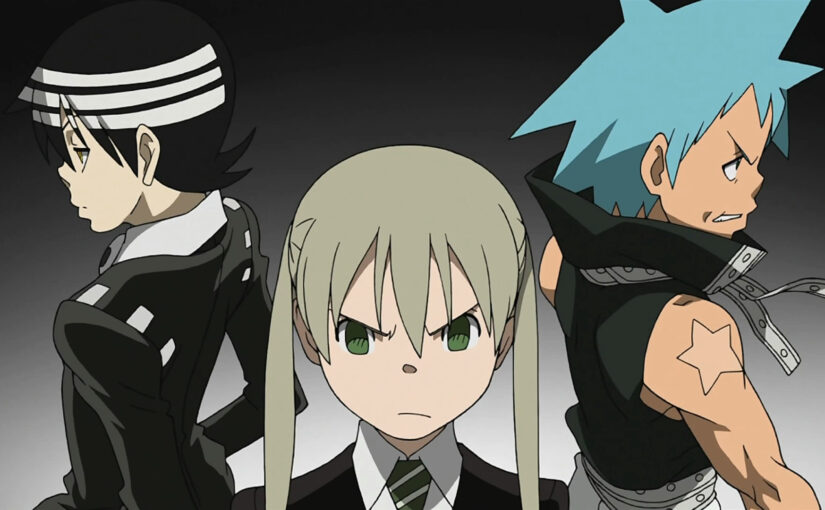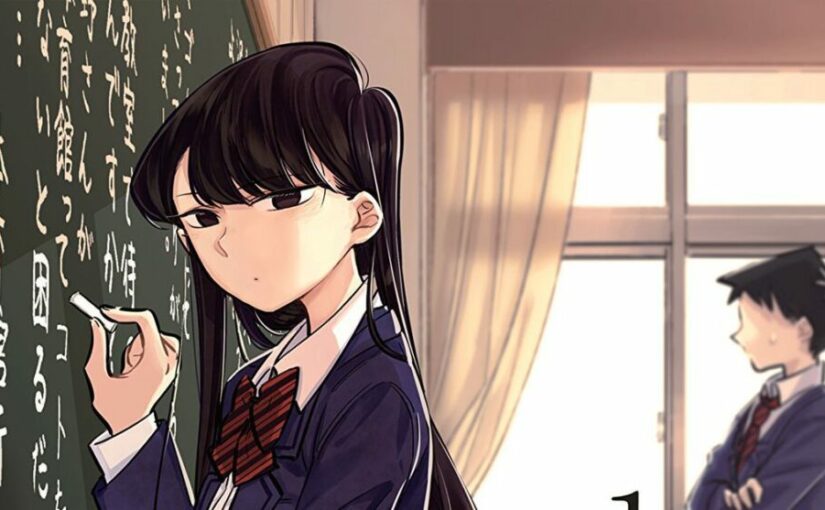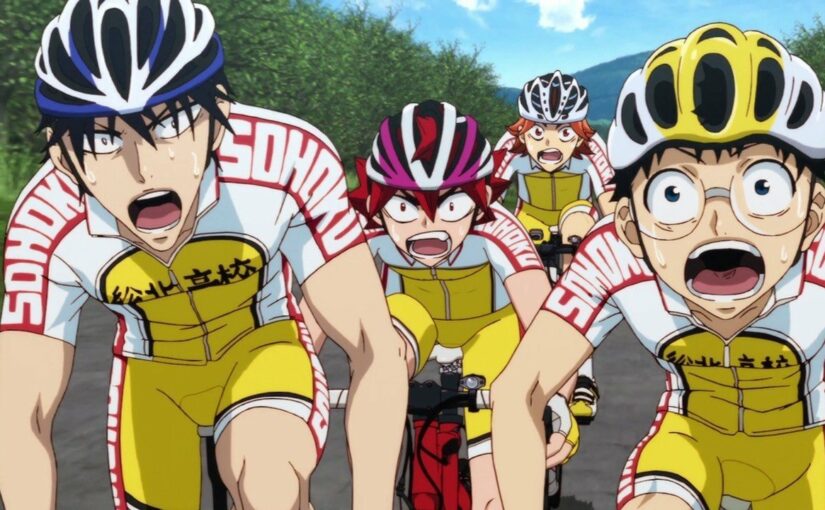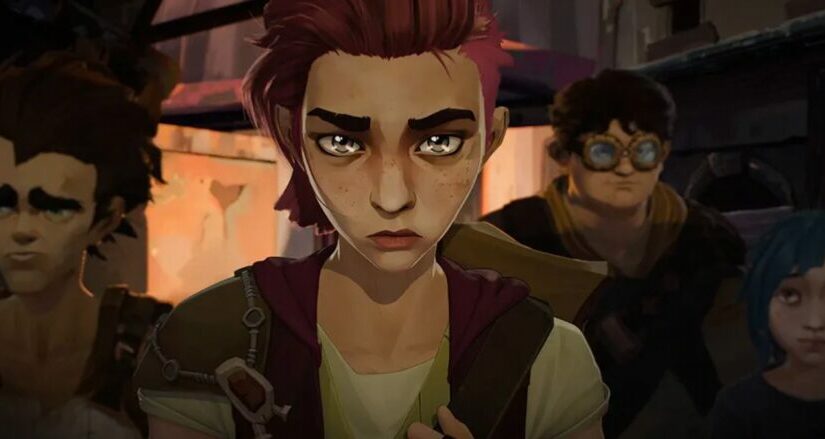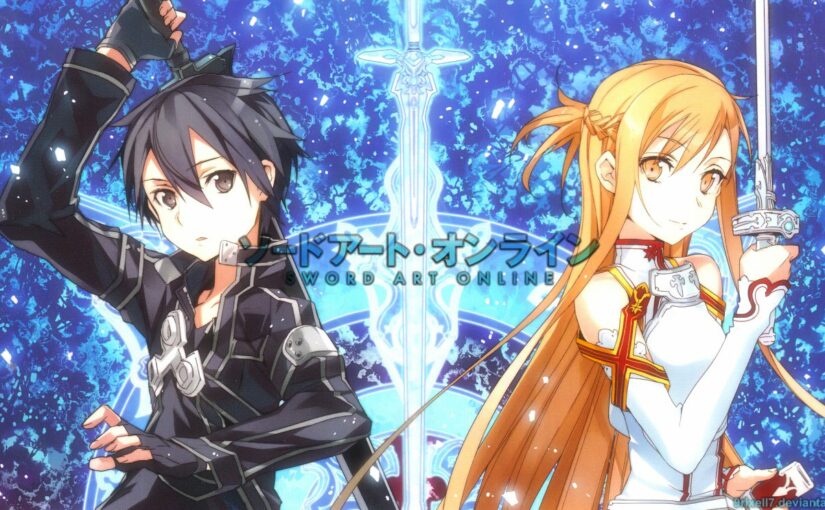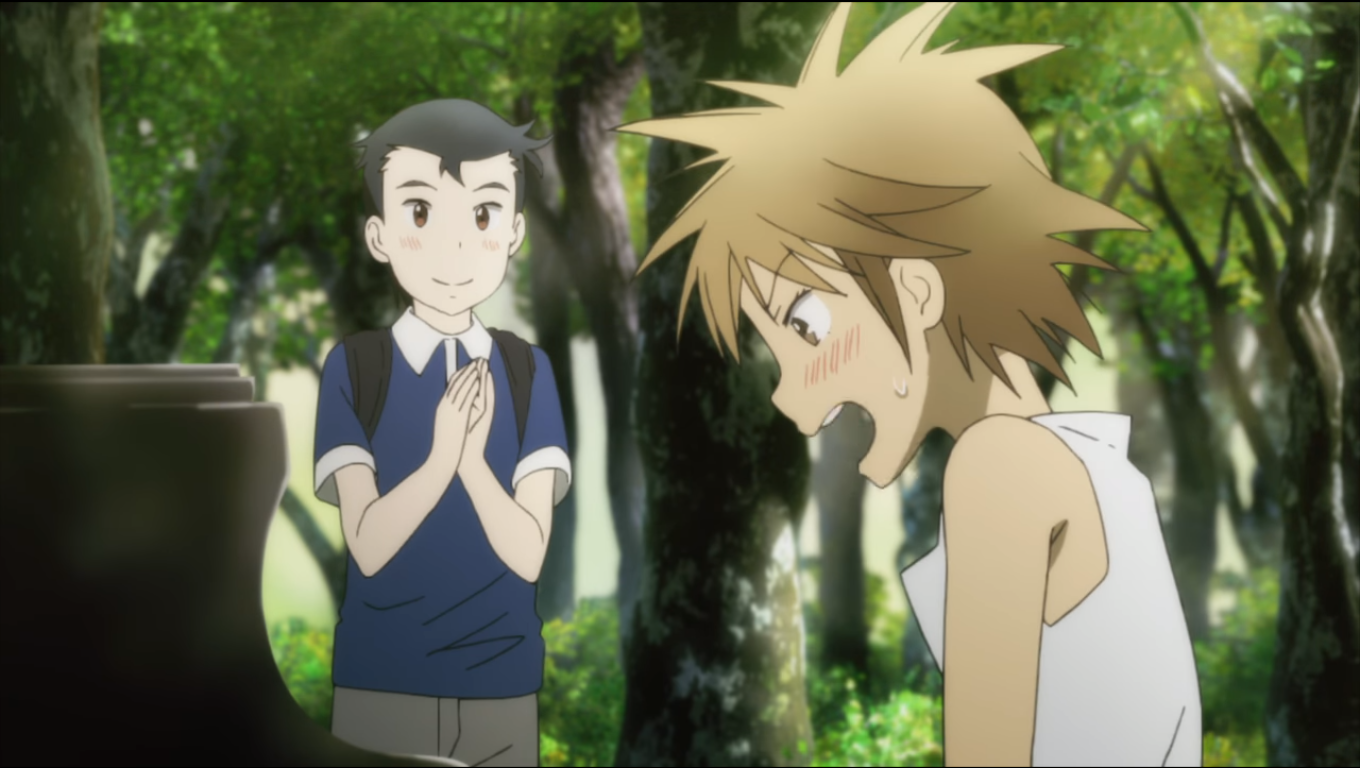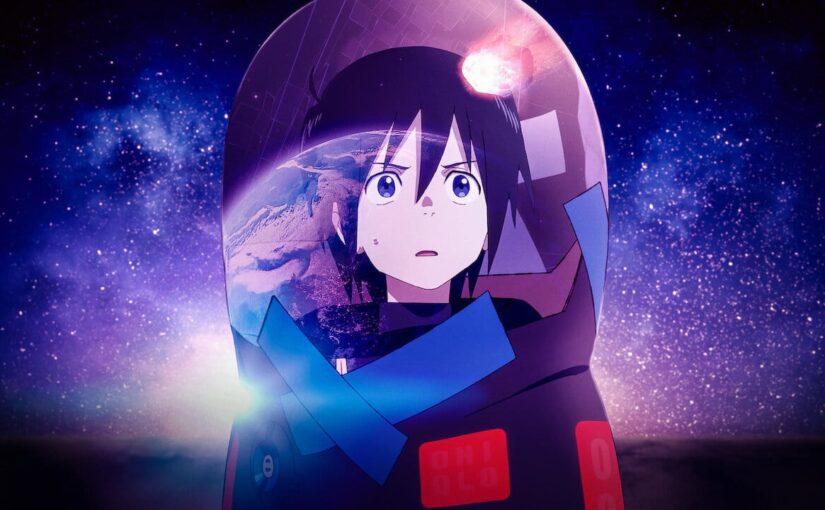It is hard to review this anime online. Sword Art Online gets a lot of hate. I enjoyed this show and would recommend others watch it because it’s an iconic anime, but I do recognize its flaws.
The best part of the show is its world-building and high-tech fantasy components. It is hard not to get drawn into a show about an immersive VR fantasy game where sensory data is beamed directly into your brain rather than viewing things with a traditional VR headset or TV screen. The high-tech fiction is extended in seasons 3 and 4 with the introduction of artificial intelligence and the ability to copy someone’s ‘soul’ entirely. These relevant high-tech concepts paired with stunning artwork make for an anime that immediately draws you into it.
The problem with the story itself is that it often lacks focus. Interesting concepts are presented throughout the show, such as what it means to be human, the purpose of life, high stakes politics, morality within a virtual world, etc. However, most of these concepts are sabotaged by harem romance antics. A prime example is blatantly clear with the antagonist Nobuyuki Sugou. After SAO was defeated, Sugou hijacked 300 of the SAO survivors and began to conduct experiments on them to determine if he could implant memories inside their heads to coerce them. Fascinating concept, consider the geopolitical implications of this technology– what would the military do with this… BUT, this plot point was tossed to the background of the story since Sugou was a creepy person who tried to rape Asuna on several occasions. And, he had several weird tentacle research assistants… Plus, there was a weird incest romance thing happening during the same story arc… Need I say more?
A part of me feels like the story of SAO could have been on par with titles like Attack on Titan if it ditched some of the more sexual topics and focused on the high concept tech plot more. However, I’m not totally sold on that. Consider Netflix’s series Black Mirror. Although Black Mirror is about dystopian technologies, it’s about human nature at its core. Technology has a way of bringing out the worst in people. Although it’s an uncomfortable truth, technologies like the ones in SAO enable new ways for sexual assault. SAO is not the best story to explore these topics considering the harem plot, but it is worth having these discussions before VR technologies like this emerge. How do we prevent people from using new technologies for evil? I hope the answer we come up with isn’t one teenager with a sword in a VR world, but it does make for a good anime.
